A new campaign promoting the consumption of European fruit and vegetables - 'Vegiterraneo' - has been officially launched in Romania, aiming to increase consumer awareness of the health benefits of eating at least five portions of fruit and vegetables daily, in line with World Health Organization recommendations.
Running for three years (May 2025 - April 2028) in Romania, Bulgaria and Poland, the 'Vegiterraneo' programme is financially supported by the European Union and seeks to promote the consumption of tomatoes, cucumbers, peppers and aubergines grown in Greece, especially on the island of Crete, while also raising public awareness of the quality of European agricultural products. It is implemented by the Greek agri-food consultancy NovaCert in partnership with eight agricultural cooperatives from Crete.
The campaign also aims to boost sales of Greek tomatoes, cucumbers, aubergines and peppers, while directly supporting certified European producers by promoting their high-quality products.
'The main goal of the programme is to inform the public about the benefits of consuming at least five portions of fruit and vegetables daily, according to World Health Organization recommendations. A second objective is to increase sales of Cretan tomatoes, cucumbers, aubergines and peppers in the target markets,' said Ioanna Siafara, project manager at NovaCert, during a presentation event for the 'Vegiterraneo' programme held in Bucharest.
The programme includes communication and information activities in all three countries, such as media campaigns, press events, stands at trade fairs, tasting sessions, video materials and study visits to the cultivation areas in Crete.
In turn, Konstantinos Dikaros, Head of the Economic and Commercial Section of the Greek Embassy in Bucharest, said that Greece is Romania's main supplier of fruit and vegetables.
'Romania has become the most important market for Greek fruit and vegetables in terms of volume and the second in terms of value. Last year, our fruit exports to Romania reached 186.4 million euro, while vegetable exports, which are particularly relevant for Cretan producers, amounted to 45.4 million euro. The Vegiterraneo' programme focuses on promoting specific Cretan products, especially tomatoes, cucumbers, peppers and aubergines,' said the Greek diplomat.
He also provided some concrete figures on Romania's imports of Greek vegetables. Greece ranks first in Romania's potato import value (105.6 million euro) and third in volume (248,369 tonnes). For cucumbers, Greece is also first both in value (40.8 million euro) and quantity (32,461 tonnes), while for carrots it ranks fifth in value (29.45 million euro) and third in quantity (54,618 tonnes).
Greek tomatoes rank eighth among the countries supplying these vegetables to Romania, both in value (166.7 million euro) and quantity (102,571 tonnes), while peppers rank seventh in both import value (114.26 million euro) and volume (57,469 tonnes).
Konstantinos Dikaros highlighted the importance of origin and product quality. 'Products from the European Union are subject to the strictest controls, from pesticides to fertilisers and organic certification. These regulations increase the base price but are reflected in the superior quality of the final product. Even if sometimes more expensive, they ensure food safety and higher quality,' said Dikaros, recommending that consumers buy Greek products from official sources.
Greece's main competitor on the Romanian fruit and vegetable market is Türkiye, but that country is not a member of the European Union and its products are not required to meet the same quality standards and regulations as those in the EU.
In turn, Andreea Ionita, nutrition technician from the department coordinating the project in Romania, presented recent data on fruit and vegetable consumption in Romania, evidence of their natural benefits and details about their nutritional properties.
'The European Union encourages people to consume more fruit and vegetables to support a healthy and balanced diet. At the same time, it supports European farms in producing fresh, high-quality food in a sustainable way that protects the environment and ensures food security across Europe,' the nutritionist underscored.
In her view, fruit and vegetable consumption in Romania remains below World Health Organization recommendations, although there is growing public interest in healthy eating.
'To be more specific, the European average is around 350 grams of fruit and vegetables per day, below the World Health Organization recommendation of 400 grams per day. Romanians consume on average between 300 and 400 grams of fruit and vegetables daily. Unfortunately, only 2-3% of Romanians eat the recommended five portions of fruit and vegetables per day,' explained Ionita.
Within the 'Vegiterraneo' European programme, implemented also in Romania, nutrition and agriculture specialists highlight the benefits of daily fruit and vegetable consumption and encourage a balanced diet for maintaining health, based on sustainably grown European produce. 'A proper meal should be half vegetables, alongside complex carbohydrates and healthy proteins. Fruit and vegetables reduce the risk of cardiovascular disease, diabetes and certain types of cancer, while helping maintain body weight and improving digestion,' added Andreea Ionita.
Statistical data show that across the European Union, 55% of citizens consume between one and four portions of fruit and vegetables daily, 33% do not consume any, and only 12% reach the five-portion-per-day threshold. Regarding daily vegetable consumption among EU countries, Romania ranks near the bottom, followed only by Hungary, while Greece is around the middle of the ranking. Statistics also show that women tend to eat more fruit and vegetables than men.
The eight cooperatives from Crete are members of the Union of Legal Entities of Fresh Vegetable Producers of Greece and are carrying out the European programme 'Information and promotion measures to increase the consumption of fresh fruit on the internal market (Bulgaria, Poland and Romania)' - Vegiterraneo. The 'Vegiterraneo' programme was also promoted at the Indagra Food fair at Romexpo.

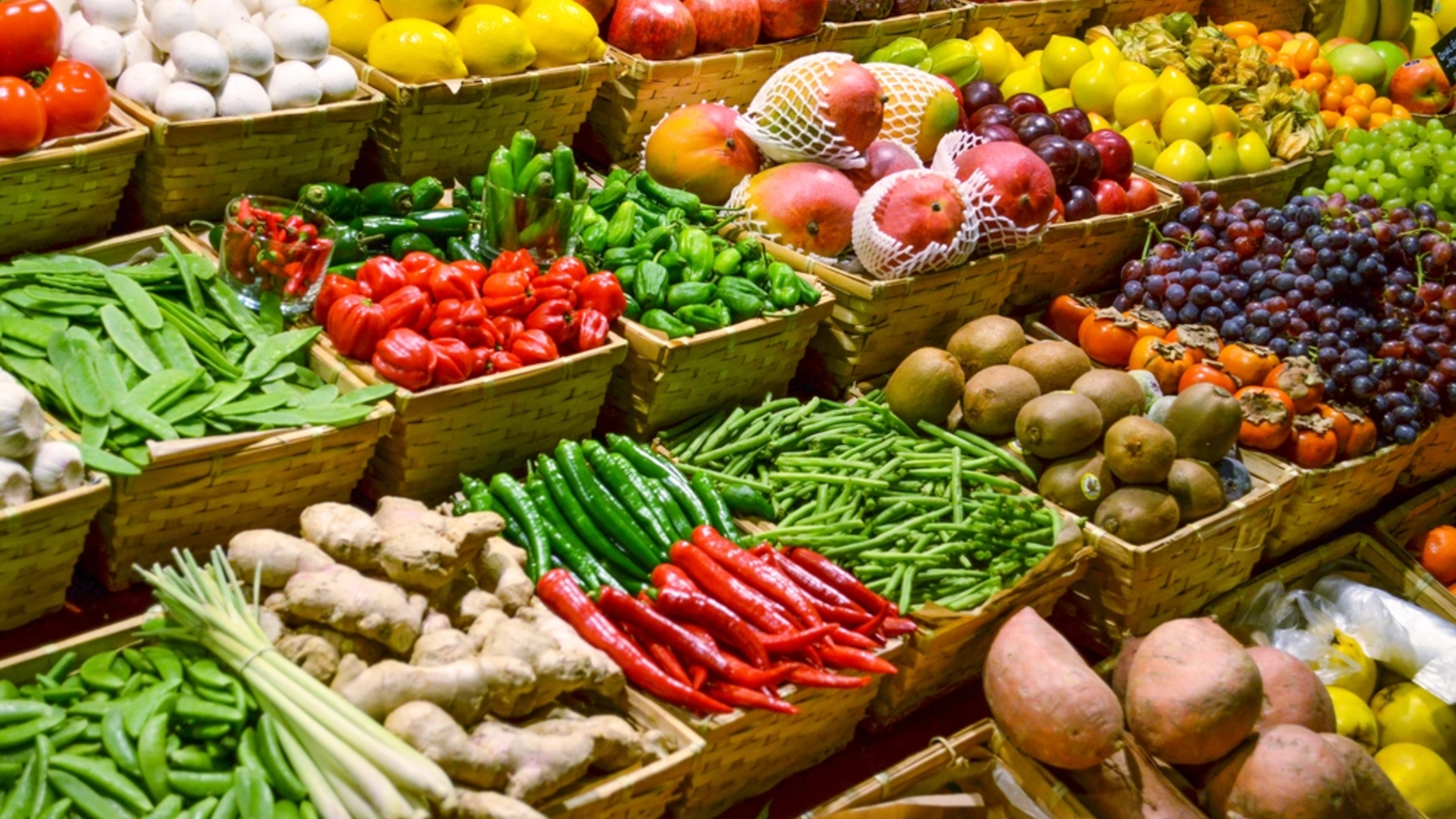
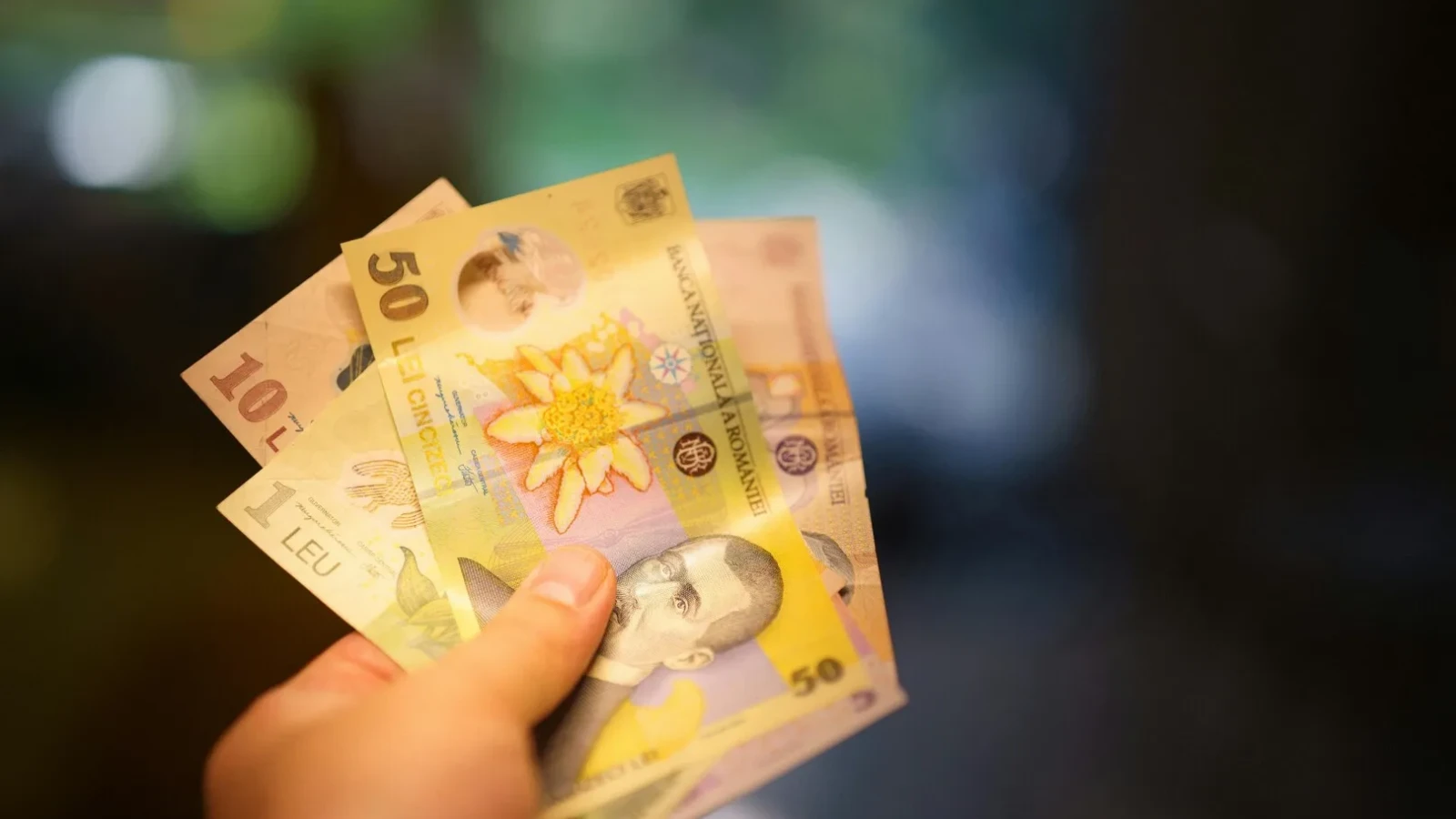




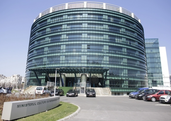


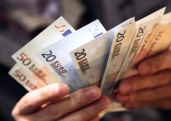



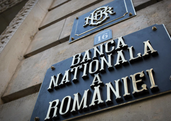

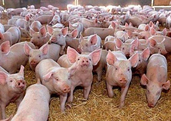












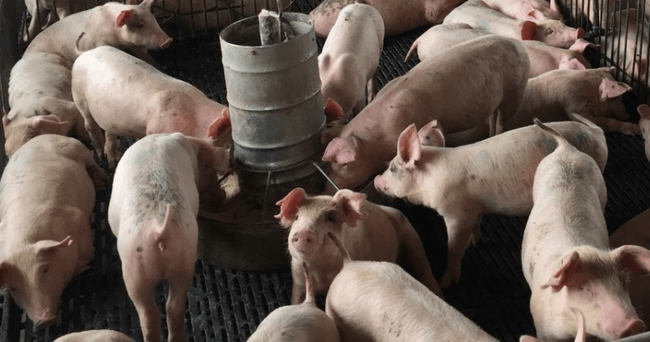


Comentează